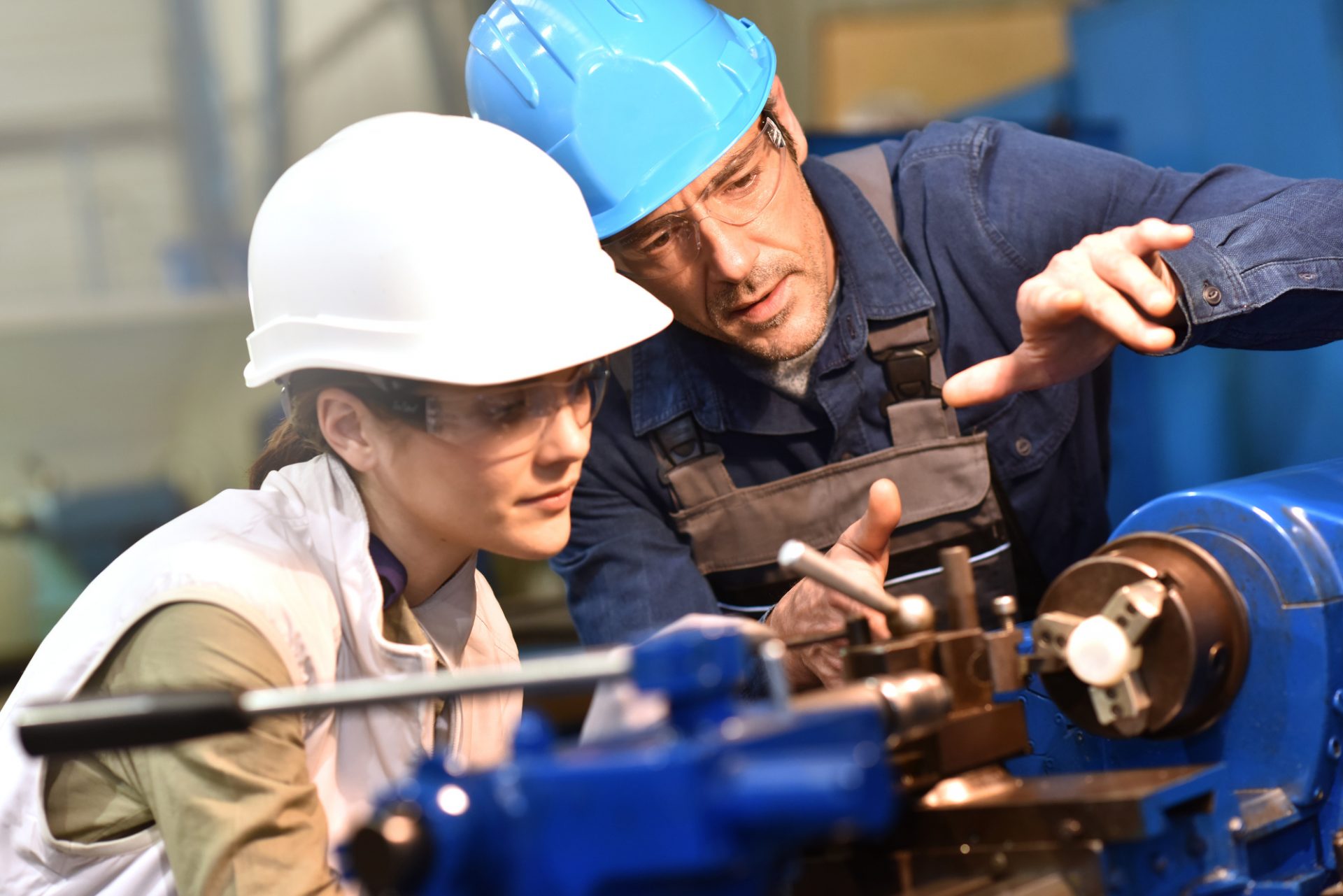Are Maltese workers ready for a time of change?

The digital era is increasing its pace and workers are worried that robots will change human activity. Apart from this there is one main factor that is giving rise to one question in particular: are existing teaching methodologies adequately preparing youths to achieve the skills that will be needed in the future job market?
The world we live in is undergoing rapid changes where reality is accelerated by the digital age. One may ask whether as a country we are sufficiently prepared for this transformation and whether our education system can react quickly enough to these accelerated changes. How prepared are current and future generations and how prepared are workers and current and future leaders for these rapid changes and flexibility?
The preferences, behaviours and communication of individuals are developing and the way organisations are working is also changing. These changes raise important questions regarding the skills that will be needed in the future, our predictions regarding careers and jobs, the limits to Artificial Intelligence, the teaching of machines and the automation of the robotic processes that will strengthen, limit or change human activity.
Now, more than ever, our educators, employers and business leaders need to collaborate to anticipate, plan and implement a holistic strategy so that Malta is able to train the workers of the future. But this requires us to act fast to remain relevant and competitive.
I firmly believe that the challenges and opportunities that we are facing are on a national level and are not specific to particular professions. They reflect changing trends and the rapid pace of change.
The change that needs to happen needs to start at the heart of our education system. It needs to focus on the country’s vision for education, the quality of teaching and quick action so that we make the transformation and remain valid and sustainable.
